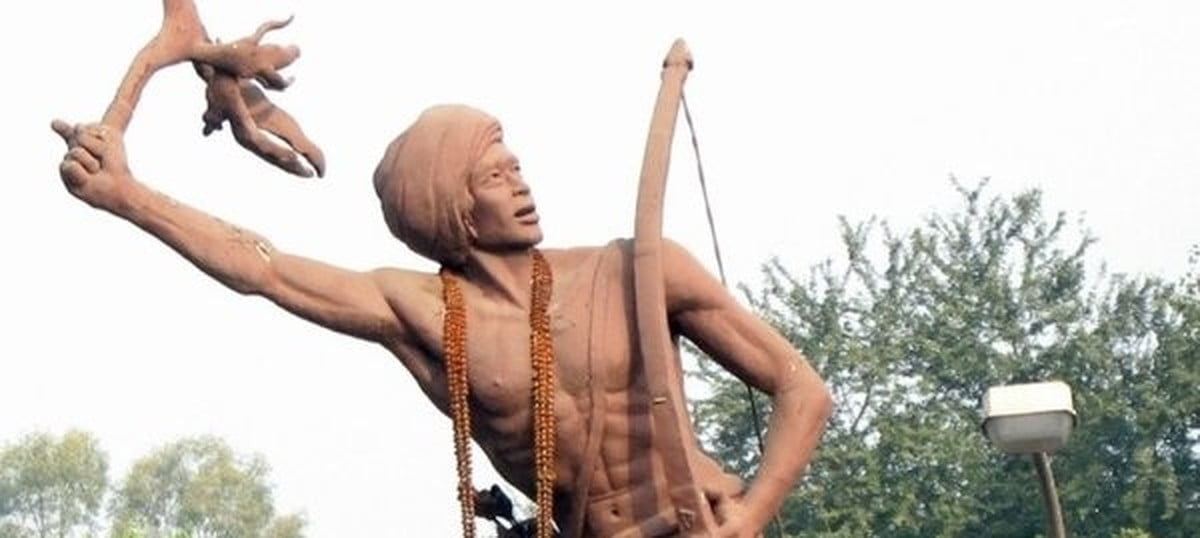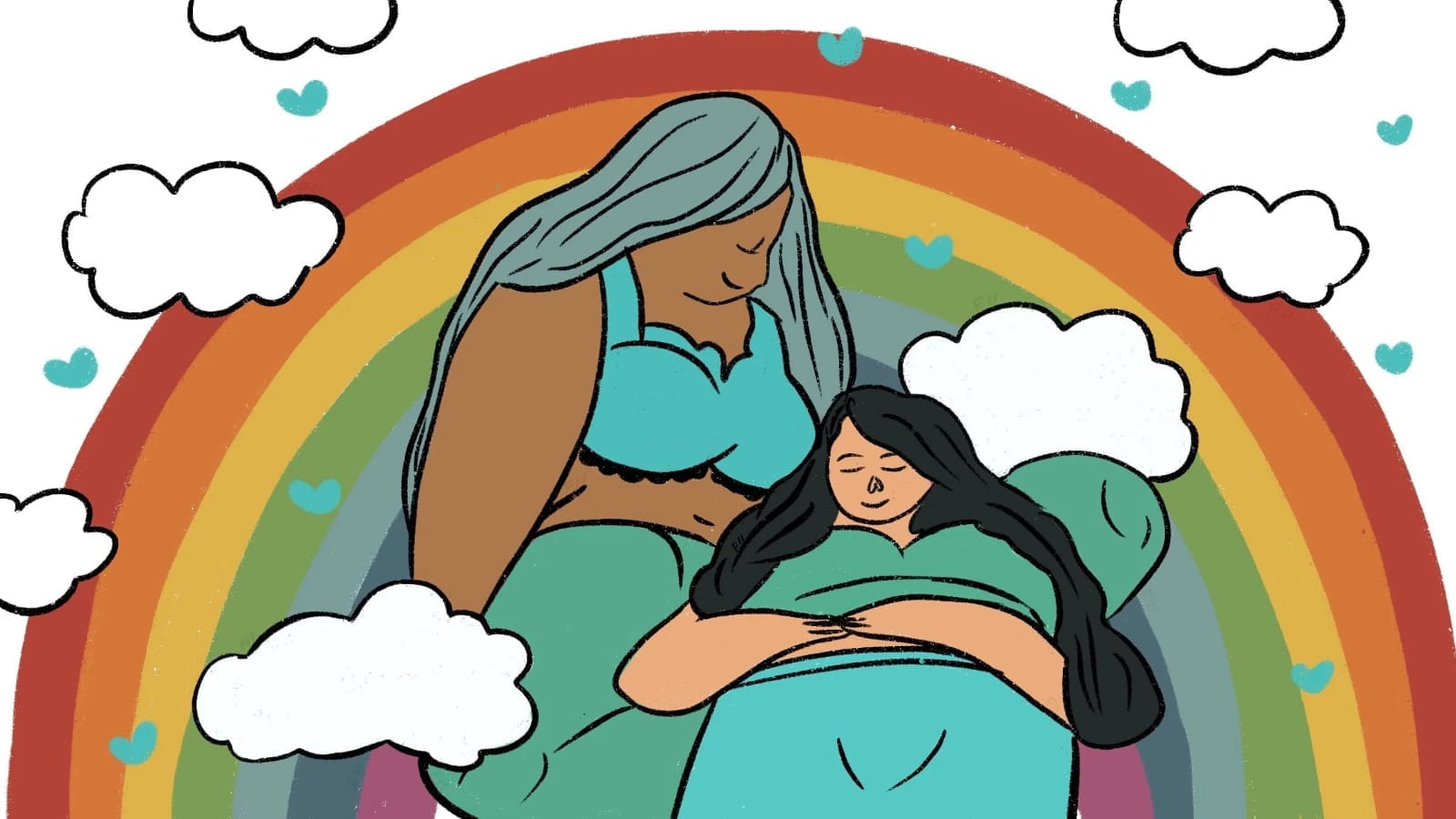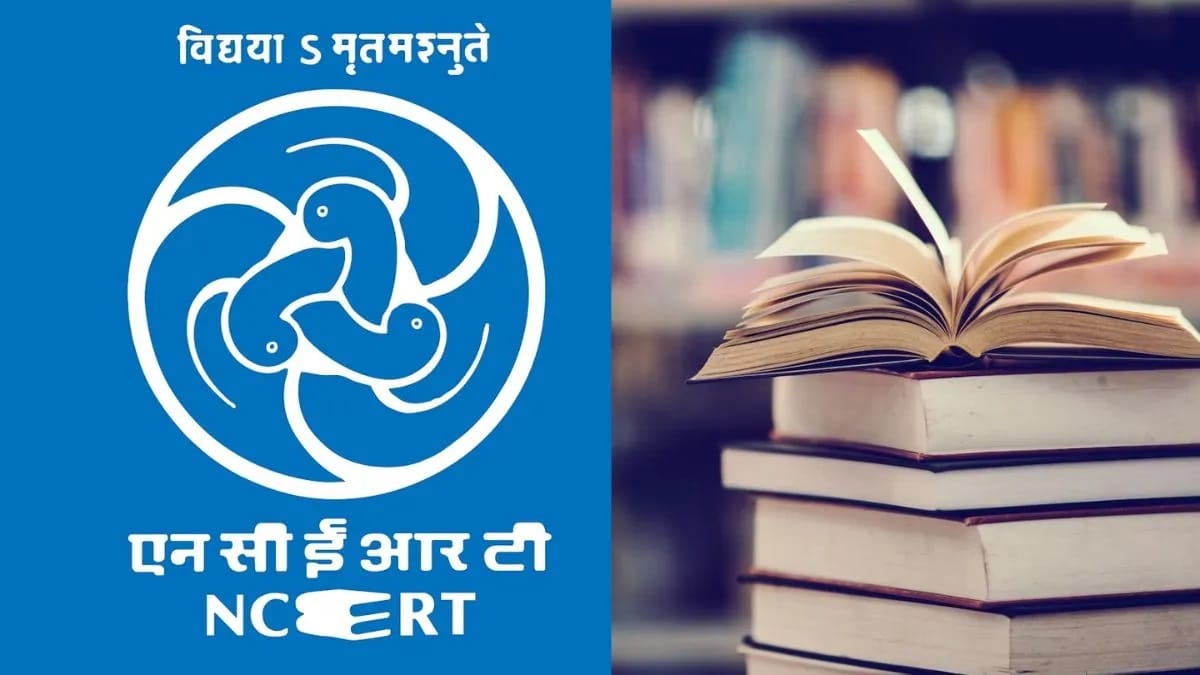The immigration of caste-Hindu landlords, Christian missionaries, and the extension of British tax revenue system in the domain of indigenous Munda rulers during the nineteenth century became a great burden for its agrarian populace. The intervention had altered the socioeconomic and cultural spaces of the native Munda tribes. The indigenous livelihood system with a frail economic system of Adivasi Mundas trapped into indebtedness nurtured by caste-Hindu landlords/ Jagirs and the colonial administration.
The territorial stabilities, such as ancestral Khuntkatti ownership system were disrupted by the advent of outsiders who created an exploitative economic system. The emergence of class-rifts, and shifts in land ownership, enabled the encroaching colonisers (who were of the view that “the Mundas have lived for ages under conditions ill-calculated to develop good qualities”) to impose tax collecting regimes and then govern, police, and control the territories of indigenous rulers.
The enactment of the Forest Act of 1882, first implemented in the Madras Presidency and consequently covered various other provinces was a legislation of the colonial government that disenfranchised the Mundas from their natural resources. These are the various factors that contributed to the emergence of the Ulgulan or the Munda Rebellion led by Dharti Aba Birsa Munda. The rebellion was a struggle to maintain the indigeneity of the Adivasis, to fight the exploitation unleashed by landlords/ missionaries/ colonial administration and to overthrow the external intervention.
Birsa’s self-perception imbibed into ‘Politics of Assertion’ and ‘Revolutionary Activism’.
Born on November 15, 1875, Birsa had to spend much of his childhood in the multiple places of the Adivasi hinterlands as his parents were migrating frequently. He belonged to the Munda tribe in the Chota-Nagpur plateau. He received his early education at Chalkad under the guidance of his teacher Jaipal Nag. On his teacher’s recommendation, Birsa joined in a German Missionary School and pursued his education from the year 1886 to 1890. During the schooling, Birsa learnt about the Jesuit’s attitude towards the Munda leaders and agitators.
The Jesuit mission of Chota-Nagpur was founded in the year 1869 by Augustus Stockman. They considered the demands and activism of Adivasis as a ‘real socialistic agitation’. The agitation contrasted the interests of the mission. The tribal converts’ radical approach and intentions contradicted with missionaries intentions. As a result, they repeatedly endorsed the view claiming Sardars-agitators as cheats in the missionary schools that raged Birsa Munda. Subsequently, he had given up on schooling. Birsa’s self-perception imbibed into ‘Politics of Assertion’ and ‘Revolutionary Activism’.
By 1890s he became a champion of Munda’s struggle against the external forces. Birsa’s followers with his persuasion stopped crop production that resulted into a reduction in the British Raj’s revenue from the region. Upon learning of his struggles the colonial administration warranted for Birsa’s arrest. He was imprisoned in the year 1895 for the first time. Further, the authorities arrested many of his followers in order to suppress Birsa’s active resistance. He was released from jail in the year 1897 after the two years of his arrest.
Also read: The Tale Of Mahishasur And Durga: The Missing Story Of The Tribal Hero
Birsa’s exposure to Christianity and Vaishnavism helped him to challenge the ‘traditional’ Munda order that was based on the ritual authority of the pahan and his intercourse with spirits or bongas. Birsa campaigned against the traditional consumption of hanria or rice beer vis-à-vis alcoholism.
Birsa campaigned against the traditional consumption of hanria or rice beer vis-à-vis alcoholism.
On his release from prison, Birsa Munda started a new campaign which was radical in nature. The campaign intended to invoke sovereignty of Mundas in their homeland. The campaign, a famous Birsait Ulgulan or the Munda Rebellion began during the winters of 1899. A bloody confrontation with the colonial government ensued on January 9, 1900. Many of the Birsaits lost their lives during the uprising. Birsa Munda was again sent back to the Ranchi prison. He died in the month of June in 1900.
The official records issued by Capt. A. R. S. Anderson, the Superintendent of Ranchi Jail cited deteriorated health conditions as the actual cause of his death. However, the cited reason did not convince his followers and questioned by some who suggested it as a poisoning of the revolutionary leader. The Munda Rebellion though faded out after his death, forced the colonial officials to introduce the laws to protect the land rights of tribes and the indigenous social groups.
Also read: Chuni Kotal: First Woman Graduate From Lodha Tribal Community
Abua Raj Seter Jana, Maharani Raj Tundur Jana (“Let the kingdom of the queen end and our kingdom be established”), a famous slogan was given by Birsa that threatened the Raj is remembered even today in areas of Jharkhand, Odisha, Bihar, Madhya Pradesh, and Bengal. Birsa Munda, a champion of the struggles of the Adivasis is very relevant in India today as this is the era of displacements in the name of development that is uneven. For the marginalised groups in India, Birsa Munda is their Dharti Aba (Father of the earth).
Featured Image Source: Roundtable India
About the author(s)
Manohar Boda is a Research Scholar based at JNU - New Delhi.




